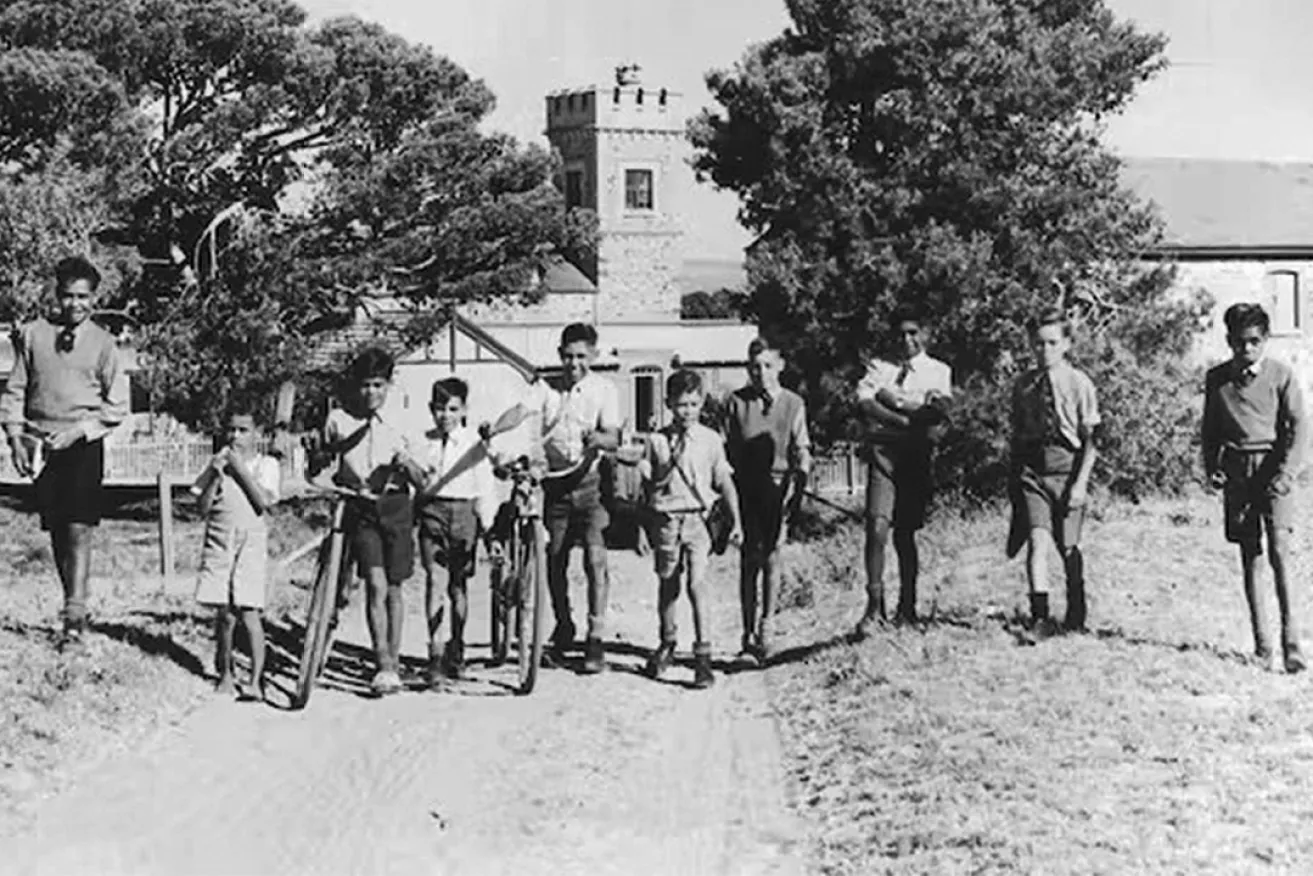Intimacies, intricacies, cadences
On finding the beat of someone else’s voice
Featured in

- Published 20240507
- ISBN: 978-1-922212-95-5
- Extent: 203pp
- Paperback, ePub, PDF, Kindle compatible


Already a subscriber? Sign in here
If you are an educator or student wishing to access content for study purposes please contact us at griffithreview@griffith.edu.au
Share article
More from author

Learning the local language
Essay IT WAS IN a Melbourne museum that I realised I didn’t know the traditional name for the area in South Australia where I’d grown...
More from this edition

Everything you could possibly imagine
FictionJoseph was one of the only patients I’d truly enjoyed interacting with, which for the weeks since his arrival had helped me cope with the ward’s sense of monotony. His beard was like a cartoon lumberjack’s, descending into a fine point and thick enough to hold objects if they were stuck into it – which, of course, we’d tried. His eyebrows erupted like old-growth forest across his forehead, almost demanding to be touched – which, of course, I hadn’t.

It’s only natural
Non-fictionI often feel that we have landed in the worst of all possible worlds for women when it comes to breastfeeding. We are subject to an ideology that argues for its singular efficacy in generating infant attachment to the mother, making an inviolable and exclusive bond. We are also expected to breastfeed to repudiate the maternal industrial complex that fills our supermarkets with formula in shiny tins.

The Orcanauts
FictionAs admiral, my rank is Navarch. Below me serve three Plotarchs, or strike-team leaders. The rest, including the calves, are rank and file Orcanauts. Thus far, we have operated as a guerrilla force, mounting unexpected assaults on the enemy fleet, causing maximum disruption to their supply channels and leisure activities before fleeing for the safety of deep, open water. It has been a highly effective strategy, but too piecemeal. The drylanders have dispatched scientists to study our behaviour and offer explanations, rather than send divers and submarines to face us in battle. Their media have portrayed me as a rampaging fish, driven mad by some traumatic encounter with one of their boats.